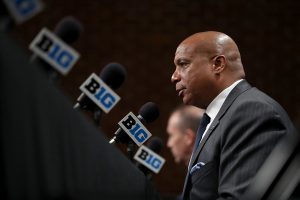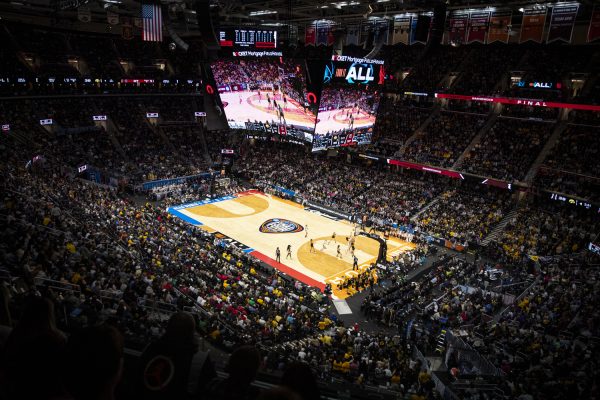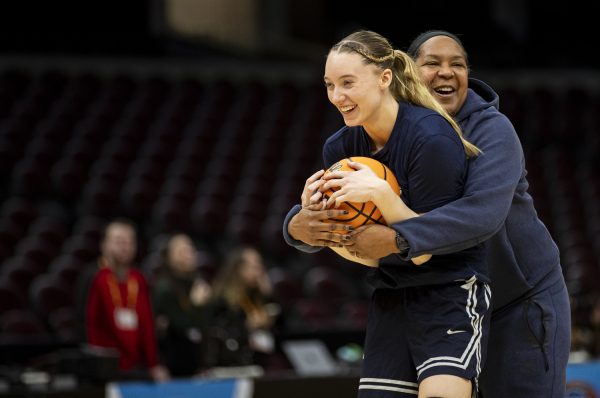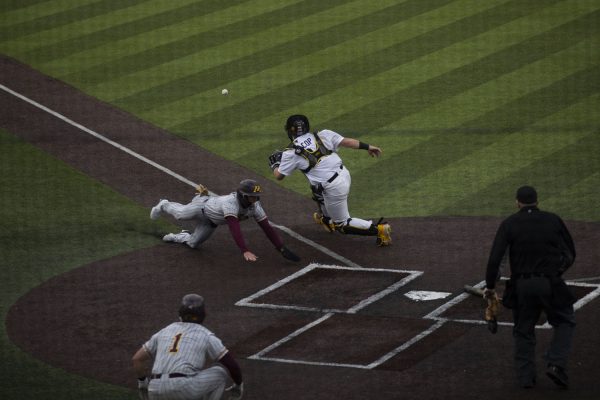No, they made the wrong decision
August 25, 2020
Postponing fall sports was not the right decision for the Big Ten Conference to make.
While COVID-19 should be taken seriously, the right way to keep student-athletes safe is not through season cancelation. Under the watchful eye of the Big Ten and its various member athletic departments, student-athletes are kept safe via safety protocols the Big Ten implemented.
Under Big Ten protocol, athletes are tested at least once a week, medically evaluated on a daily basis, and contact-traced should they contract the virus. Regular students on campuses across the country aren’t receiving the same type of medical attention as student-athletes.
Student-athletes can also attend in-person classes and practice with their teams for 20 hours per week under current Big Ten guidelines. The risk of contracting the virus is still present for student-athletes in both the classroom and at the practice facility, as the virus does not differentiate between games, classes, or practice.
Eliminating games only expunges part of the risk. If the Big Ten was truly concerned about student-athlete safety, it would cancel all practices. And if universities were actually worried about students’ health, they would move all instruction online.
One last thing to consider is the student-athletes’ desire to compete. Many student-athletes have taken to Twitter recently to express their desire to compete this fall. Ohio State quarterback Justin Fields started a petition to have the Big Ten fall season reinstated. That petition already has over 300,000 signatures.
If student-athletes want to play, why shouldn’t they have the opportunity to do so? Sports are inherently dangerous; athletes accept that risk each day. If athletes want to play, the Big Ten should allow them to do so.














